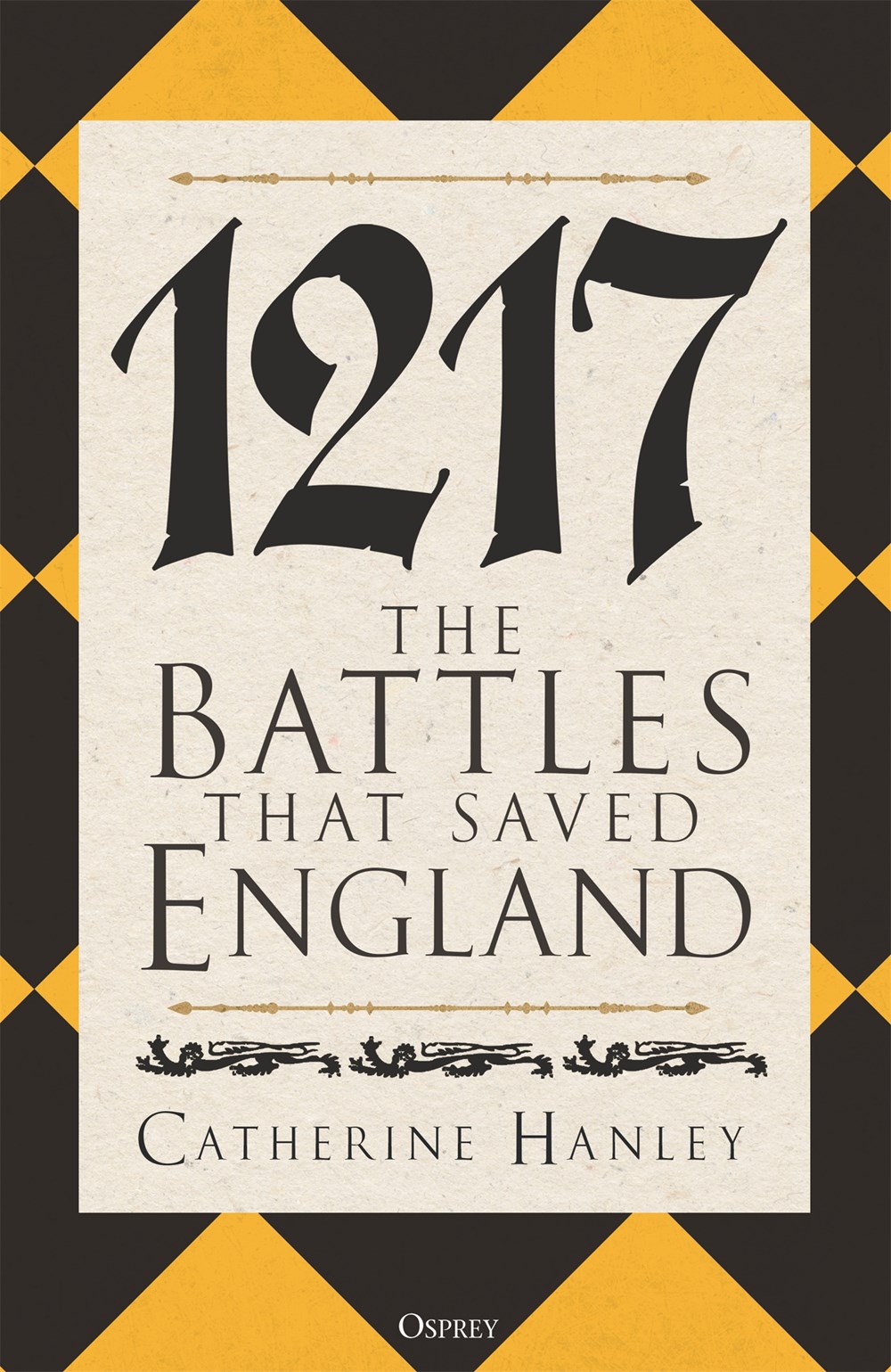2018 School Spending Survey Report
1217: The Battles That Saved England
COPY ISBN
VERDICT An insightful look at a key but underrecognized moment in English history. History buffs will love it.
RELATED
ALREADY A SUBSCRIBER? LOG IN
We are currently offering this content for free. Sign up now to activate your personal profile, where you can save articles for future viewing




Comment Policy:
Comment should not be empty !!!